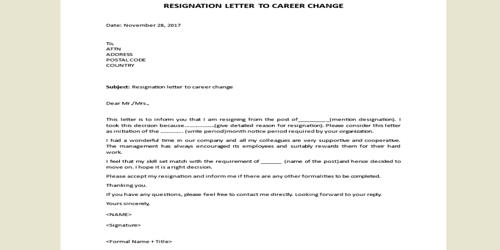Antibiotics can have a number of negative effects on host health, both direct and indirect. The gut microbiota is critical in the regulation of host health. Antibiotics have enormous effects on the host via the gut microbiome and can affect a variety of functions including immune regulation, metabolic activities, and thus overall health.
Researchers at Cedars-Sinai discovered that antibiotics have sex-specific effects on the gut microbiome makeup of male and female laboratory rats in a new study. The findings, which were published in the journal Frontiers in Microbiology, may have implications for using the drugs to treat or prevent bacterial infection in humans.
“We discovered that giving the rats a multidrug antibiotic cocktail caused significant and sex-specific changes in both the stool, or large intestine, and the small bowel. Male rodents, for example, had a greater loss of microbe diversity in both stool and small bowel than females “said Ruchi Mathur, MD, the study’s principal investigator.
“Changes in the diversity of the gut microbiome may have a negative impact. Previous research on intestinal health has shown that overall microbial diversity promotes vitality and resilience, often resulting in a healthier gut “said Mathur, an endocrinologist.
We followed the rats after the antibiotics were stopped and discovered that many of the sex-specific changes observed during treatment had persisted. During the study, the microbes in the gut did not return to their pre-antibiotic compositions in either sex.
Gonzalo Parodi
The Cedars-Sinai Medically Associated Science and Technology (MAST) Program researchers compared the composition of the gut microbes of male and female rats before, during, and after treatment with broad-spectrum antibiotics such as vancomycin, ampicillin, metronidazole, and neomycin.
“We followed the rats after the antibiotics were stopped and discovered that many of the sex-specific changes observed during treatment had persisted. During the study, the microbes in the gut did not return to their pre-antibiotic compositions in either sex” Gonzalo Parodi, the paper’s first author, is a research associate.

Some studies have identified sex-specific effects of antibiotics on the large bowel (stool) microbiome in mice. But Cedars-Sinai investigators emphasize that this is the first study to also examine changes in the small bowel microbiome induced by antibiotics and to also use male and female rats that had no significant differences in microbiome composition prior to treatment.
“It is difficult to tease out the impact of the drugs if the lab animals’ gut microbiomes are different to begin with. We used rats with similar gut profiles right out of the gate. This allowed us to pinpoint changes in the microbiomes of the male and female rats that could be attributed specifically to the impact of the antibiotics during and after exposure to the medicines,” said Mark Pimentel, MD, director of the MAST program and a co-author of the study.
More research with different antibiotic combinations and exposure times is required. According to the researchers, if these findings hold true in humans, the study could have implications for how antibiotics are prescribed.
“Sex is a biological variable, and like any variable, it needs to be taken into account in basic and medical research,” said Mathur. “Currently, we consider factors such as kidney function and weight when dosing medications for patients; depending on the results of future research, particularly in humans, the sex of patients may one day be an important consideration when prescribing antibiotics.”
It is well known that the gut microbiota plays an important role in host health and is affected by a variety of factors, including antibiotics. Antibiotic-induced changes in microbial composition can have a negative impact on host health by reducing microbial diversity, changing functional characteristics of the microbiota, and forming and selecting antibiotic-resistant strains, making hosts more susceptible to infection with pathogens such as Clostridioides difficile.
Antibiotic resistance is a worldwide crisis, and the increased use of antibiotics over time necessitates research into their effects on microbiota and health. In this review, we discuss the negative effects of antibiotics on the gut microbiota and thus host health, as well as alternative antibiotic-use strategies.
















